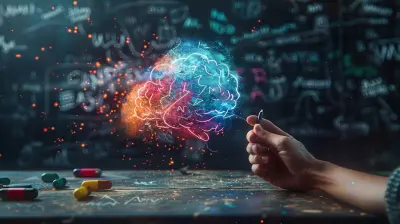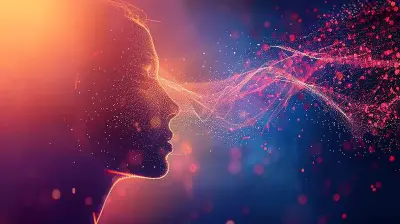Understanding the Role of Glial Cells in Brain Function
23 May 2025
When we think about the brain, neurons usually steal the spotlight. They are the messengers, firing electrical signals that control everything from our thoughts to our reflexes. But behind the scenes, there's another group of cells that play just as crucial a role: glial cells. These unsung heroes make up nearly 90% of the brain’s total cells, yet they often go unnoticed.
So, what exactly do glial cells do? Are they just support staff for neurons, or do they actively contribute to brain function? Let's dive into the fascinating world of glial cells and uncover their crucial role in keeping our minds sharp and our nervous system running smoothly.
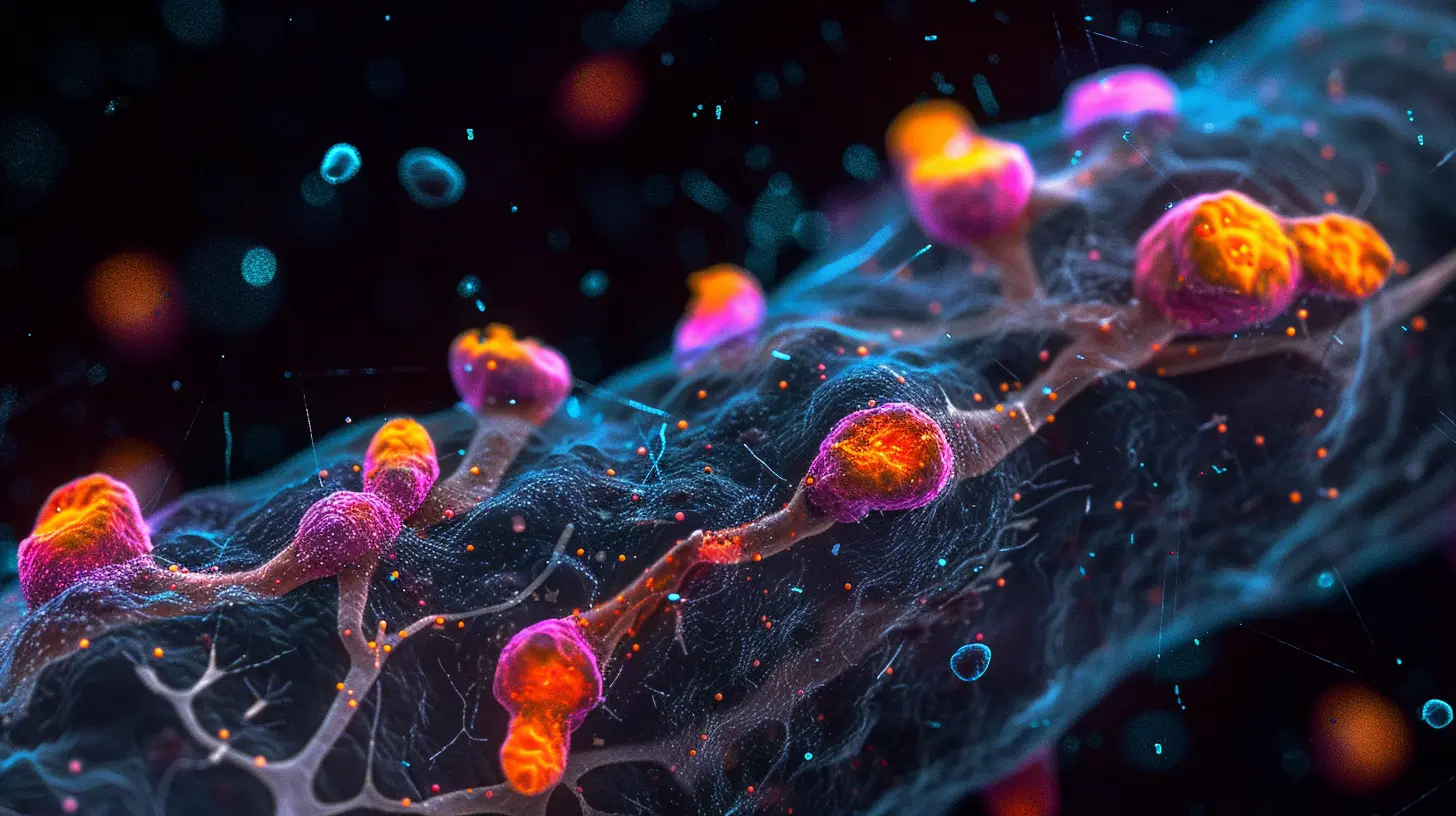
What Are Glial Cells?
Glial cells, also known as neuroglia, are non-neuronal cells that provide structural and functional support to neurons in the brain and nervous system. While they don’t generate electrical impulses like neurons, their job is equally important. They assist in nutrient delivery, waste removal, immune defense, and even communication within the brain.Think of neurons as the rock stars of the brain and glial cells as the road crew—they ensure the show runs smoothly by setting up the stage, maintaining equipment, and removing any obstacles. Without them, the whole system would fall apart.
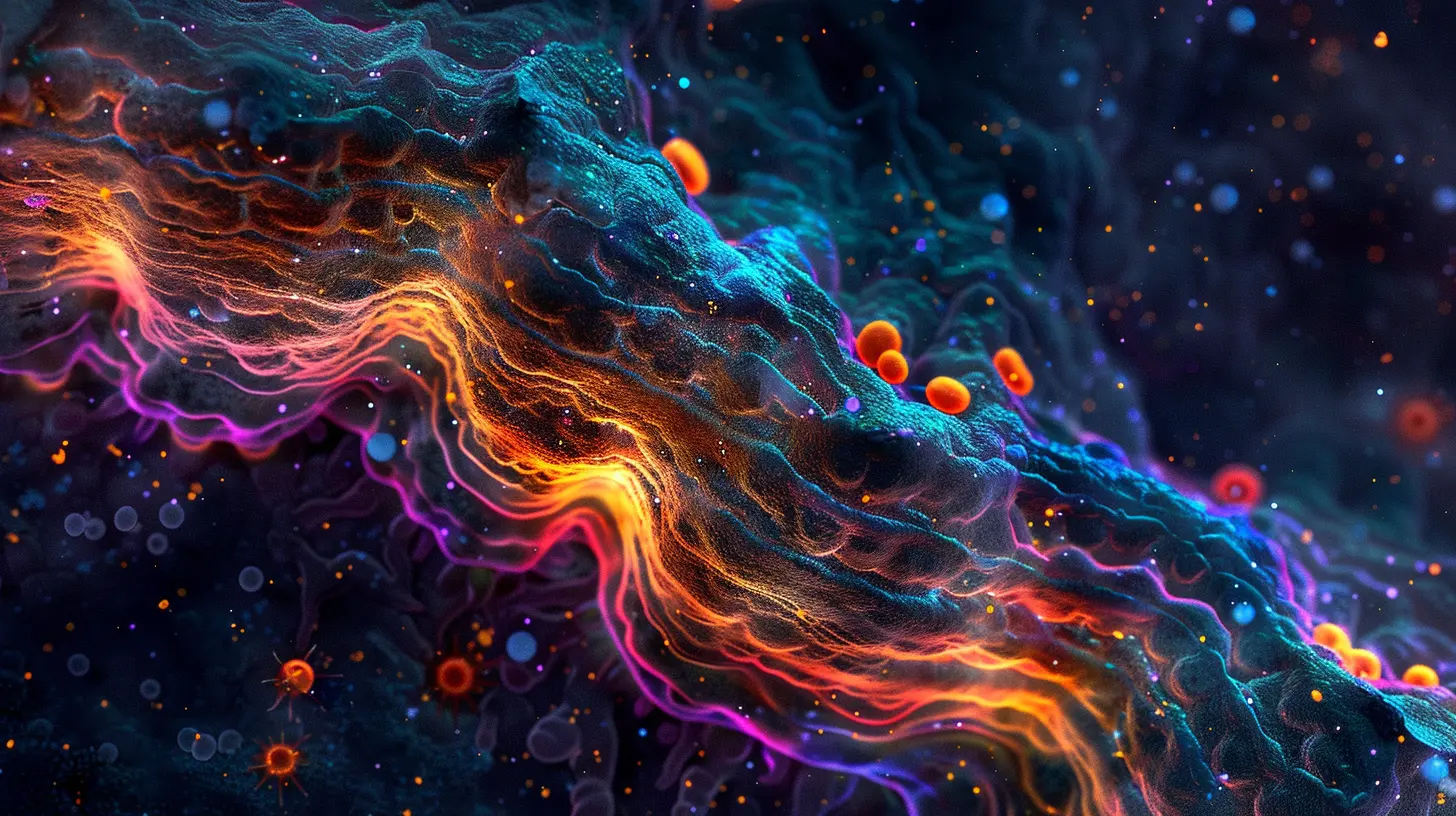
The Main Types of Glial Cells
Glial cells aren’t just a single type of cell; they come in different forms, each with its own specialized job. Here are the primary types of glial cells and what they do:1. Astrocytes: The Brain's Caretakers
Astrocytes are the most abundant type of glial cell. Picture them as the caregivers of neurons, ensuring they have everything they need to thrive. These star-shaped cells serve several important functions, such as:- Providing Nutrients: They transport oxygen and nutrients from blood vessels to neurons, keeping them nourished.
- Maintaining the Blood-Brain Barrier: They form a protective shield around blood vessels, controlling what substances enter the brain.
- Regulating Neurotransmitters: Astrocytes help clear excess neurotransmitters from synapses, preventing overstimulation.
- Repairing Brain Injuries: When damage occurs, astrocytes rush to the scene, forming scar tissue to protect the injured area.
Without astrocytes, neurons would struggle to survive, much like a city without essential services like food distribution and waste management.
2. Microglia: The Brain's Immune System
Ever wondered how the brain defends itself against infections and injuries? That’s where microglia come in. These tiny but mighty cells act as the brain’s immune system, constantly patrolling for invaders and damaged cells.Their primary roles include:
- Detecting Pathogens: They identify harmful bacteria, viruses, and toxins and eliminate them before they cause harm.
- Cleaning Up Debris: Microglia remove dead neurons, damaged cells, and toxic waste, keeping the brain environment clean.
- Regulating Inflammation: While small amounts of inflammation help with healing, excessive inflammation can be harmful. Microglia help maintain a healthy balance.
Think of microglia as the security guards of the brain, always alert and ready to protect against potential threats.
3. Oligodendrocytes: The Brain's Insulation Experts
Neurons communicate through electrical signals that travel along long, thread-like extensions called axons. But these signals need to be fast and efficient, which is where oligodendrocytes come in.- Producing Myelin: Oligodendrocytes create a fatty substance called myelin, which wraps around axons to form the myelin sheath.
- Speeding Up Communication: Myelin acts like insulation on electrical wires, allowing signals to move rapidly and efficiently.
Without oligodendrocytes and their myelin production, nerve impulses would slow down dramatically, leading to cognitive and motor problems. This is precisely what happens in diseases like multiple sclerosis (MS), where myelin deteriorates, causing nerve signal disruptions.
4. Schwann Cells: The Peripheral Nervous System Helpers
Schwann cells are similar to oligodendrocytes, but they work outside the brain and spinal cord in the peripheral nervous system. Their main job is to produce myelin for peripheral nerves, ensuring that signals to and from the brain travel smoothly.Schwann cells also play a key role in nerve regeneration. When peripheral nerves are damaged (like in an injury), these cells help guide their repair and regrowth. This is why peripheral nerve injuries often heal better than damage to the central nervous system.
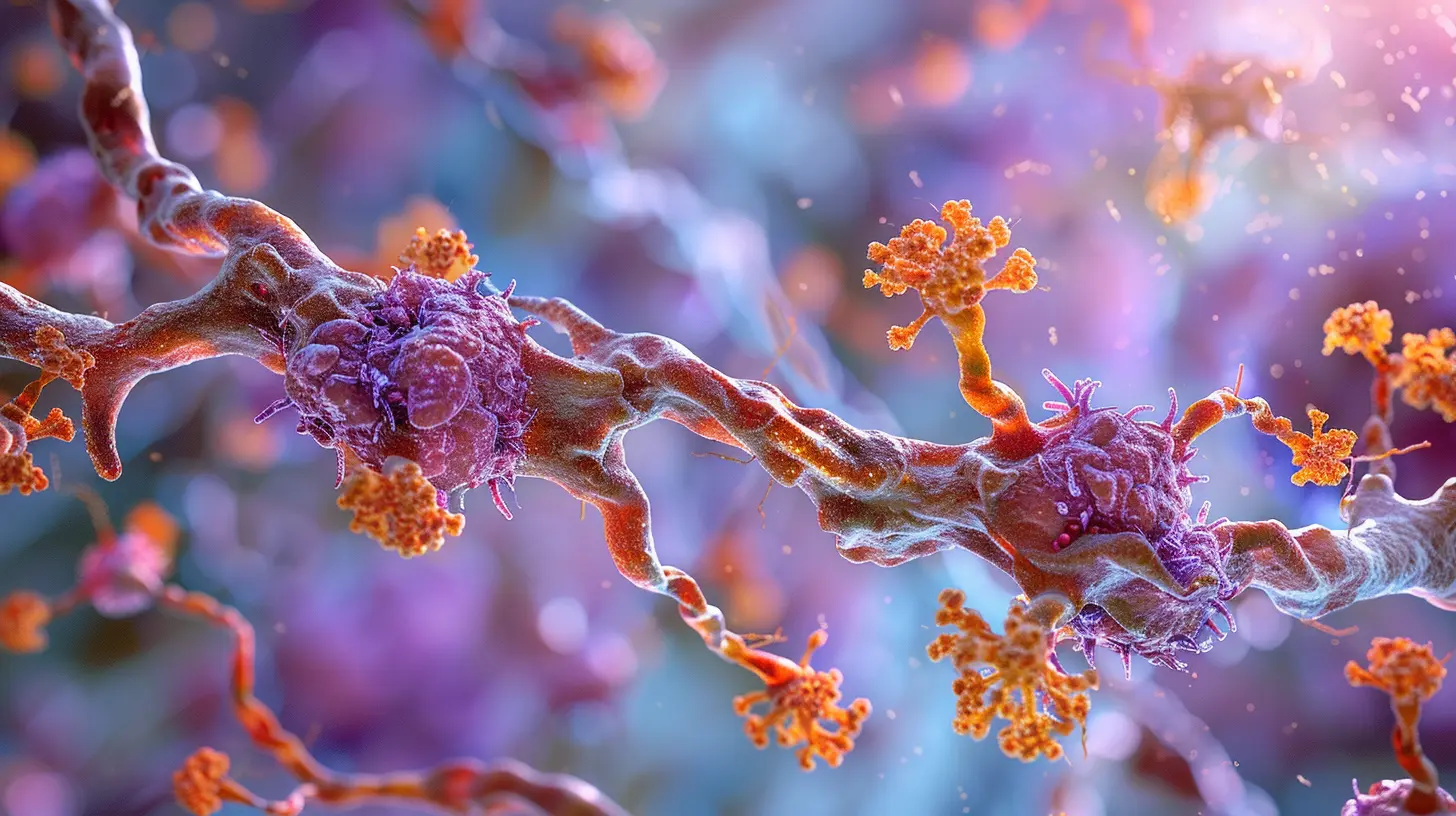
The Role of Glial Cells in Brain Function
Now that we know about the different types of glial cells, let’s explore their overall impact on brain function.1. Supporting Neuron Survival
Neurons rely on glial cells for essential nutrients, protection, and repair mechanisms. Without this support, neurons would struggle to survive, leading to brain dysfunction.2. Enhancing Brain Plasticity and Learning
Recent research suggests that glial cells are not just passive helpers but actively contribute to learning and memory. They assist in forming and strengthening neural connections, which are vital for cognitive function.3. Preventing Neurodegenerative Diseases
Glial cells play a significant role in preventing and managing neurodegenerative diseases like Alzheimer’s, Parkinson’s, and multiple sclerosis. When glial cells malfunction, toxic proteins can accumulate in the brain, leading to neuron death and cognitive decline.4. Regulating Brain Inflammation
Glial cells help maintain a balanced immune response in the brain. Chronic inflammation due to overactive microglia has been linked to various neurological disorders, including depression and schizophrenia.5. Assisting in Brain Injury Recovery
After a brain injury, astrocytes and microglia work together to limit further damage, clean up dead cells, and initiate repair processes. This makes them vital players in recovery after strokes, traumatic brain injuries, and other neurological conditions.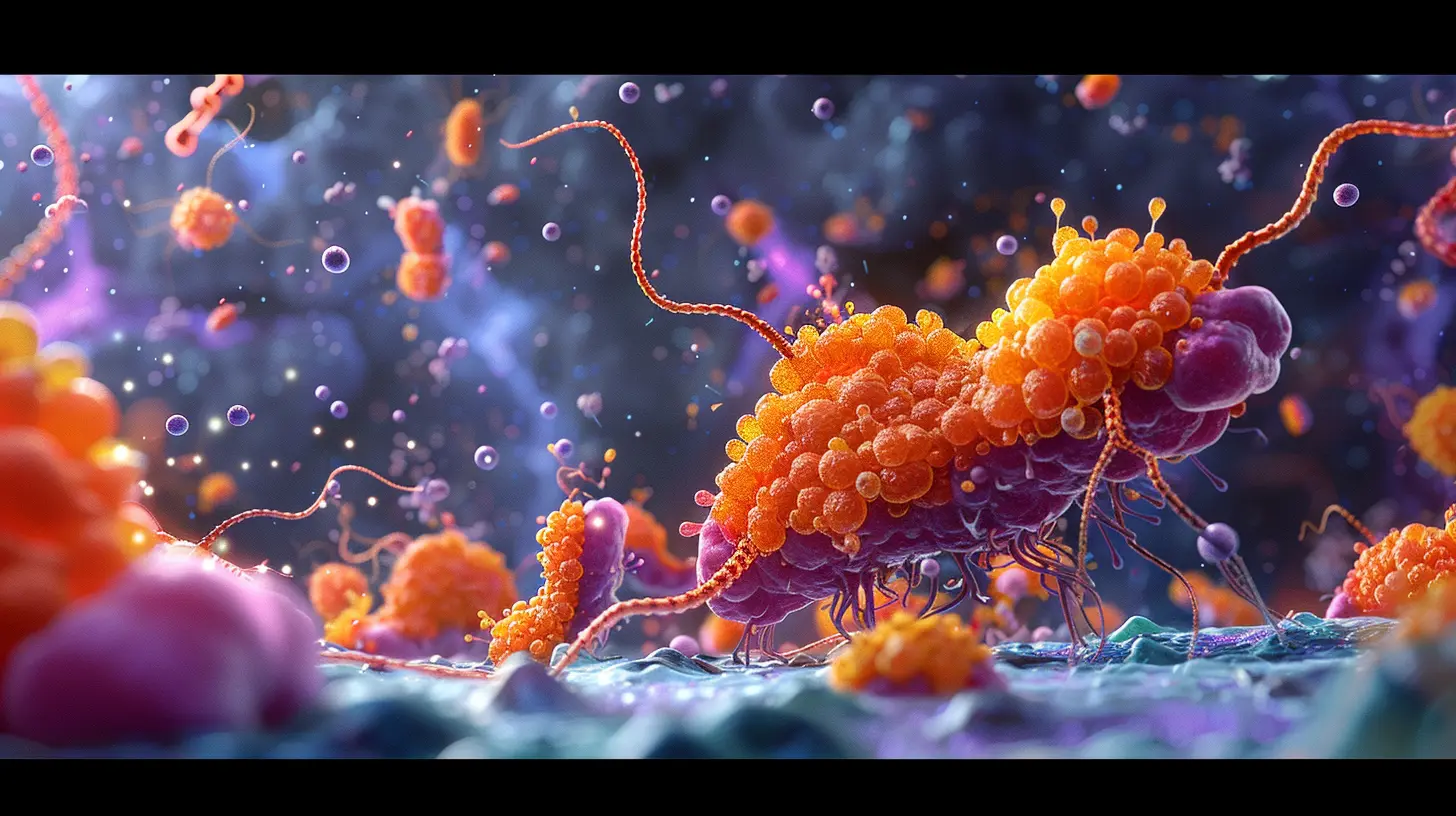
Can We Boost Glial Cell Function?
Given their importance, is there a way to enhance glial cell function and improve brain health? While research is still evolving, some lifestyle choices may support optimal glial activity:- Regular Exercise: Physical activity has been shown to stimulate neurogenesis and glial cell function.
- Healthy Diet: Foods rich in antioxidants, omega-3 fatty acids, and anti-inflammatory compounds can support brain health.
- Quality Sleep: Sleep is crucial for clearing waste products from the brain, a process that glial cells help facilitate.
- Mental Stimulation: Engaging in challenging cognitive activities can encourage brain plasticity, where glial cells play a key role.
Conclusion
Glial cells might not get as much attention as neurons, but they are just as essential for brain function. From supporting neurons to defending against diseases and injuries, their roles are vast and indispensable. Without them, our nervous system simply wouldn’t function properly.As research continues, we’re learning more about the hidden powers of glial cells and their potential in treating neurological disorders. It turns out that these "helper cells" are much more than just support staff—they are critical players in the intricate symphony of the brain.
all images in this post were generated using AI tools
Category:
NeuroscienceAuthor:

Janet Conrad
Discussion
rate this article
3 comments
Tobias Barrett
Intrigued! How do glial cells influence behavior?
May 24, 2025 at 3:41 PM

Janet Conrad
Glial cells influence behavior by supporting neuronal function, modulating neurotransmitter levels, and participating in immune responses within the brain, ultimately affecting mood and cognitive processes.
Mira Myers
Glial cells: the unsung heroes of the brain! While neurons party hard, these little guardians keep the brain's dance floor clean, ensuring that the cerebral rave runs smoothly. Who knew brain support could be so funky?
May 24, 2025 at 3:51 AM

Janet Conrad
Absolutely! Glial cells are indeed the unsung heroes, maintaining the brain's health and supporting neuronal activity. Their role is crucial for optimal brain function! Thanks for highlighting their importance!
Ainsley McGee
“Glial cells: brain’s unsung heroes!”
May 23, 2025 at 2:43 PM

Janet Conrad
Absolutely! Glial cells play crucial roles in supporting neurons, maintaining homeostasis, and facilitating communication, highlighting their vital contribution to brain function.


